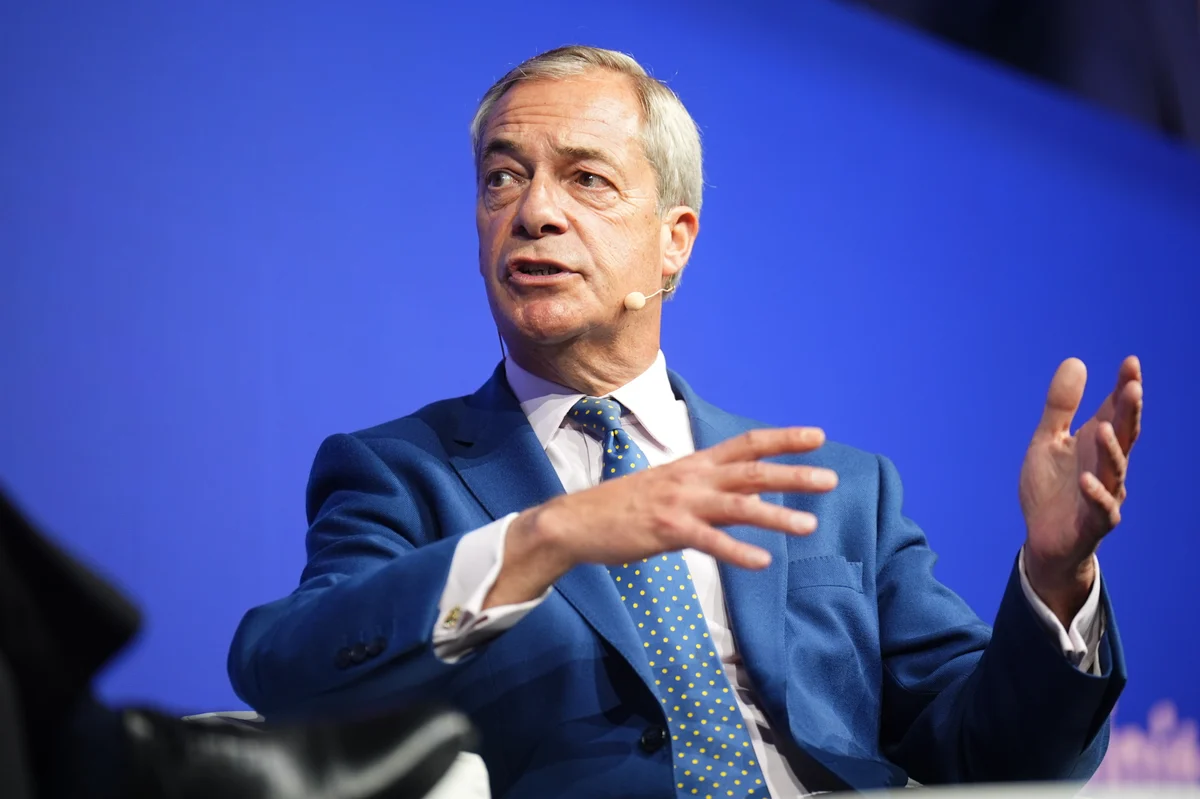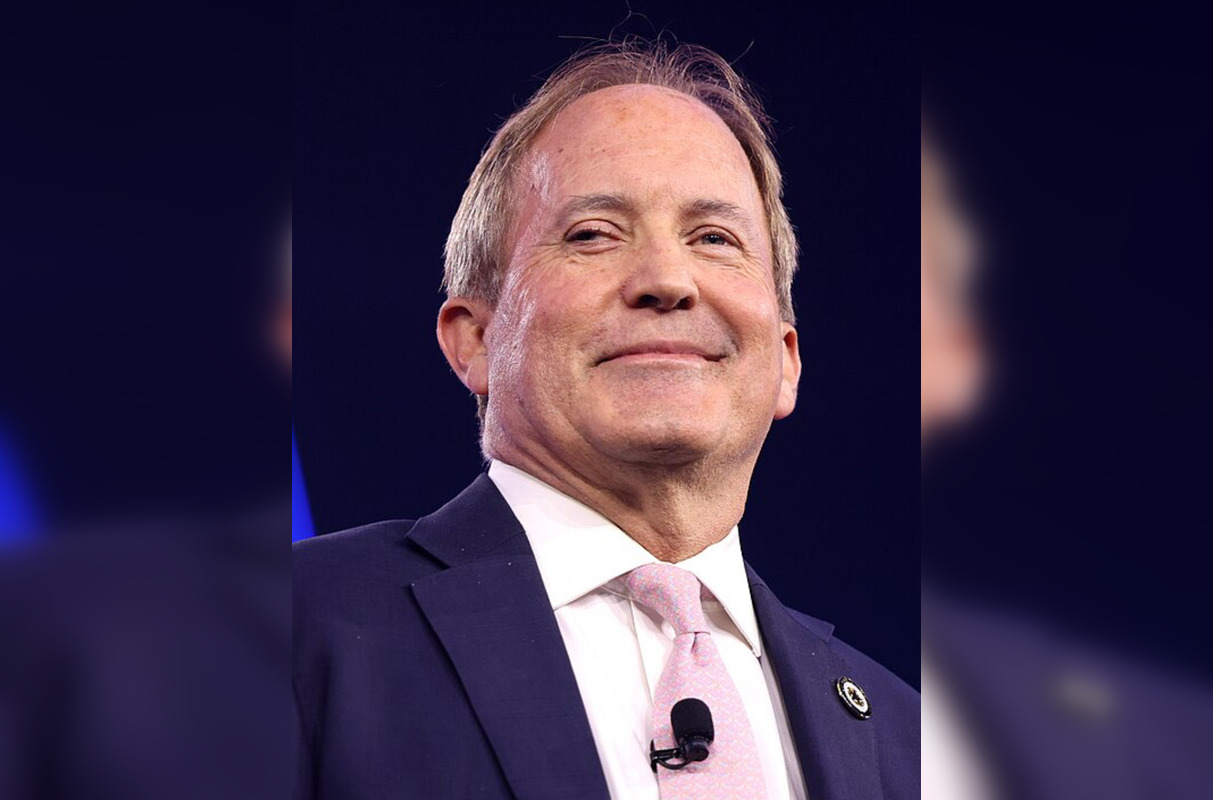Copyright standard

Tactical voting could deny Nigel Farage a Commons majority at the next general election, says a leading polling expert. Peter Kellner, former president of pollster YouGov, also believes Labour and the Tories may do worse at the next general election, expected in 2029, than at last year’s when Sir Keir Starmer got the keys to No10 with a large majority, wiping out the Conservatives in Inner London. Reform has been around 30 to 32 per cent in many polls and Mr Kellner thinks the party is near to its “ceiling” in terms of the vote share it can gain. A view which he believes was consolidated by Reform failing to win the Caerphilly by-election for the Welsh Parliament, beaten by Plaid Cymru. “Last year people voted tactically to get out the Tories which is why they ended up with so few seats,” Mr Kellner told Times Radio. “But will there be anti-Reform tactical voting? “On normal calculations, 30 per cent on the first-past-the-post (electoral system) where you have got four or five parties all jostling with a reasonable amount of support, 30 per cent gives you a majority. “But if you are subjected to anti-Reform tactical voting, 30 per cent won’t be enough.” If this scenario emerged, Mr Farage’s party could try to run a minority Government but is likely to struggle given the level of opposition there would be to it in Parliament and the wider country. He may find it difficult to strike a deal with another party to join with Reform to create a Commons majority, as the Tories would almost certainly not want to be a junior partner to their Right-wing rivals, and an agreement with one of the parties on the Left looks unlikely. A rainbow coalition of the other parties could be cobbled together but this may lack a significant political mandate, especially if Reform was by far the largest party. Or there could be political paralysis, as is happening in some other European countries, with the fragmentation of politics, decline of traditional mainstream parties, rise of parties on the political extremes, which could lead to another general election having to be called. Tactical voting is where people do not vote for their first choice party but instead opt for another one which has a better chance of winning, and to stop another party which they do not favour or dislike claiming a seat. In a fresh blow to Sir Keir Starmer, a YouGov poll just days ago put Labour on a record low of just 17 per cent, down three points on the previous week, and below its previous nadir of 18 per cent in July 2019 at the height of the Brexit rows. Reform UK was on 27 per cent, up one point. YouGov surveys have tended to have Mr Farage’s party lower than many other polls from other organisations. The Conservatives were unchanged on 17 per cent, the Greens up one point to 16 per cent, a record high for them, and the Liberal Democrats also unchanged on 15 per cent. Mr Kellner emphasised that there were “lots of moving parts” and “lots of uncertainty” about the next general election. “My best guess is that both Labour and the Conservatives will end up lower at the next election than they were last year,” he added. If this turned out to be the case it would be catastrophic for the Tories as they were already at a historic low in 2024, with just 23.7 per cent of the vote after Rishi Sunak called a July election, with Labour gaining 33.7 per cent. Mr Kellner, though, said voters at the next general election would be choosing the next Prime Minister and who runs the country, rather than with current by-elections and local elections which some people use to voice their dissatisfaction with the Government. “There is a time to moan and a time to choose and we are in a time to moan at the moment,” he explained. “The big question is when it comes to a time to choose at the next general election, will people stay with Reform, the Greens, Liberal Democrats...or will they start to drift back to the main parties.”



